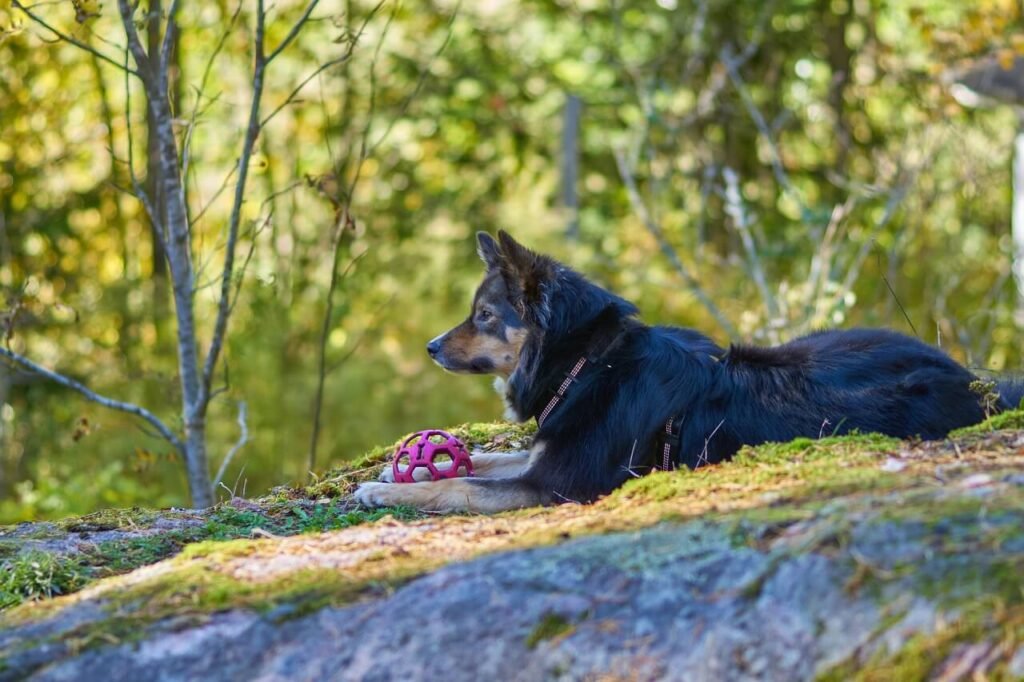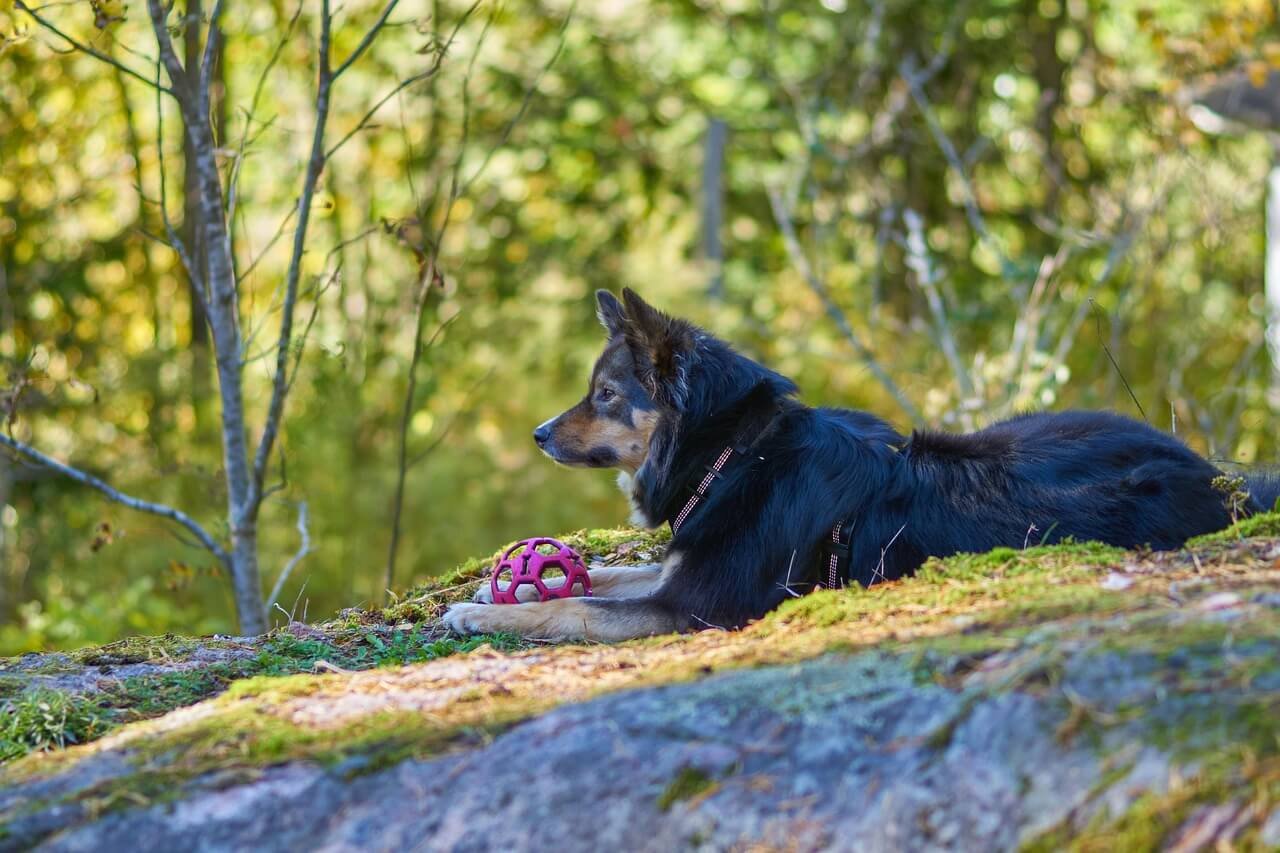Black Specks in Dog Poop: What Every Pet Owner Should Know
As a dog owner, you’re no stranger to keeping an eye on your furry friend’s health—and that includes their poop. While it might not be the most glamorous part of pet ownership, monitoring your dog’s stool is one of the easiest ways to spot potential health issues early. One common concern that can raise alarm bells is finding black specks in dog poop. But what exactly are these specks, and should you be worried? In this blog post, we’ll explore the possible causes of black specks, how to identify them, and what steps to take if you notice them. Let’s dive in to ensure your dog stays healthy and happy.
What Are Black Specks in Dog Poop? Possible Causes
Black specks in dog poop can have several explanations, ranging from harmless to potentially serious. Understanding these possibilities will help you determine whether the issue requires immediate attention or if it’s nothing to worry about. Here are some common causes:
Dietary Ingredients: Certain foods, like blueberries or dark-colored treats, can pass through undigested and appear as black specks.
Internal Parasites: Flea dirt or tapeworm segments may resemble black specks and indicate a parasitic infestation.
Digested Blood: Black specks could be partially digested blood, often caused by gastrointestinal bleeding.
Environmental Contaminants: Dirt, soil, or small debris your dog ingests while playing outdoors can show up in their stool.
Medications or Supplements: Some medications or iron supplements can alter the appearance of your dog’s poop.
While many causes are benign, persistent or unusual black specks warrant a closer look. If in doubt, consult your veterinarian for a professional opinion.
How to Identify Black Specks in Dog Poop: Signs to Look For
Not all black specks in dog poop are created equal. Knowing what to look for can help you differentiate between harmless occurrences and signs of a more serious issue. Here’s how to identify and interpret what you’re seeing:
Texture and Size: Specks that are gritty or sand-like may indicate flea dirt, while larger segments could signal tapeworms.
Color Variations: True black specks are distinct from dark stools, which could indicate digested blood or dietary changes.
Frequency: Occasional specks are less concerning than consistent or increasing amounts over time.
Accompanying Symptoms: Diarrhea, vomiting, lethargy, or weight loss alongside black specks may point to a health problem.
Recent Diet Changes: If you’ve introduced new foods or treats, they could be the source of the specks.
By paying attention to these details, you can better assess whether the black specks in your dog’s poop are harmless or a sign of something more serious.
Check this guide 👉Jelly Mucus in Dog Poop: Best 7 Expert Tips!
Check this guide 👉Dog Poop Encased in Membrane: Best 7 Expert Tips!
Check this guide 👉Yellow Mucus in Dog Poop: Best 7 Expert Tips!

Possible Causes of Black Specks | What to Do Next |
|---|---|
Flea dirt or parasites | Check for fleas and consult your vet for treatment |
Digested blood | Schedule an immediate vet visit for diagnosis |
Dietary ingredients | Review recent food changes and monitor stool |
Environmental debris | Ensure your dog avoids contaminated areas |
Medications or supplements | Discuss with your vet if medication is causing changes |
Steps to Take If You Notice Black Specks in Dog Poop
If you find black specks in your dog’s poop, staying calm and taking proactive steps is key to ensuring their health and well-being. Here’s what you should do next:
Observe Your Dog’s Behavior: Look for additional symptoms like lethargy, appetite changes, or discomfort that could indicate a problem.
Inspect Their Fur for Fleas: Use a fine-toothed comb to check for flea dirt or live fleas, especially around the neck and tail area.
Review Their Diet: Think about any recent changes in food or treats that might explain the appearance of black specks.
Collect a Stool Sample: Save a fresh sample in a clean container to bring to your veterinarian for testing.
Schedule a Vet Visit: If the specks persist or are accompanied by other symptoms, seek professional advice promptly.
Taking these steps ensures you address the issue effectively and rule out any underlying health concerns.
Preventing Black Specks in Dog Poop: Tips for Pet Owners
Prevention is always better than dealing with a problem after it arises. By taking a few simple precautions, you can minimize the chances of black specks appearing in your dog’s poop. Here’s how to stay proactive:
Maintain Regular Deworming: Keep your dog on a consistent deworming schedule to prevent parasitic infections.
Practice Good Flea Control: Use vet-recommended flea prevention products to protect your dog from fleas and flea dirt.
Monitor Their Diet: Stick to high-quality, easily digestible foods and avoid sudden dietary changes.
Supervise Outdoor Play: Prevent your dog from eating dirt, grass, or other debris during walks or playtime.
Schedule Routine Vet Check-Ups: Regular health screenings can catch potential issues before they become serious.
By following these preventive measures, you can help ensure your dog’s poop remains healthy and free of concerning specks.
Identifying Parasites That May Be Behind the Black Specks
Parasites are a frequent culprit when it comes to black specks in dog poop. Fleas, tapeworms, and other intestinal parasites can leave visible traces in your dog’s stool. Identifying these parasites early is crucial for effective treatment. Here’s what to look for:
Flea Dirt: Tiny black specks that resemble ground pepper, often found in your dog’s fur or bedding.
Tapeworm Segments: Rice-like segments that may appear in poop or around the anus, indicating a tapeworm infestation.
Roundworms: Visible worms in stool or vomit, often accompanied by a pot-bellied appearance in dogs.
Hookworms: Though harder to see, they can cause dark, tarry stools due to internal bleeding.
Whipworms: Can cause mucus or blood in stool, along with weight loss and diarrhea.
Recognizing these signs early allows you to seek treatment promptly, ensuring your dog stays parasite-free and healthy.
How to Spot Digestive Problems Linked to Black Specks
Black specks in dog poop can sometimes indicate an underlying digestive issue. If your dog is experiencing gastrointestinal distress, other symptoms may accompany the specks. Here’s what to watch for:
Diarrhea or Constipation: Changes in stool consistency can signal digestive upset or blockages.
Vomiting: Frequent vomiting alongside black specks may indicate a serious condition like gastrointestinal bleeding.
Lethargy: A lack of energy or enthusiasm could point to discomfort or illness.
Loss of Appetite: Refusal to eat or drink may suggest pain or nausea related to digestive issues.
Weight Loss: Unexplained weight loss can be a sign of chronic digestive problems or parasitic infections.
By paying attention to these warning signs, you can address potential digestive issues early and prevent further complications.
Harmless Dietary Causes of Black Specks in Dog Poop
Sometimes, black specks in your dog’s poop are simply the result of something they’ve eaten. Certain foods pass through the digestive system partially undigested, leaving behind harmless specks. Here are some common dietary culprits:
Blueberries: These small, dark fruits often remain intact and can appear as black specks in stool.
Charcoal Treats: Some dog treats contain activated charcoal, which can darken stool or leave specks.
Dark-Colored Kibble: Highly pigmented dog food may result in darker stool or specks.
Dirt or Soil: Ingesting dirt during play can lead to visible specks in poop.
Crushed Bones: Small fragments from chewed bones may appear as dark specks in stool.
While these causes are generally harmless, always monitor your dog’s stool for changes and consult your vet if you’re unsure. Understanding your dog’s diet helps you rule out more serious concerns.
Frequently Asked Questions About Black Specks in Dog Poop
Are black specks in dog poop always a cause for concern?
No, they can sometimes be harmless, such as remnants of food or environmental debris. However, persistent or unusual specks should be checked.
What does flea dirt look like in dog poop?
Flea dirt resembles tiny black specks and turns reddish-brown when mixed with water, indicating digested blood.
Can black specks indicate internal bleeding?
Yes, black specks caused by digested blood may signal gastrointestinal bleeding, requiring immediate veterinary attention.
How can I tell if my dog has worms?
Look for signs like visible worm segments in stool, scooting behavior, or weight loss, and consult your vet for confirmation.
Should I change my dog’s diet if I see black specks?
Only if you suspect the specks are related to recent dietary changes; otherwise, consult your vet before making adjustments.
Final Thoughts: Staying Vigilant for Your Dog’s Health
Finding black specks in dog poop can be alarming, but understanding the potential causes and knowing what to do can ease your worries. Whether it’s a harmless result of diet or a sign of something more serious, staying observant and proactive is key to ensuring your dog’s well-being. Regular vet visits, a balanced diet, and good hygiene practices go a long way in preventing issues and keeping your furry friend happy and healthy. Remember, your dog relies on you to be their advocate—so don’t hesitate to seek professional advice when needed. Together, you can tackle any challenge and enjoy countless wag-filled moments ahead.
Do Cats Have Taste Buds? Best 7 Expert Tips! – Discover how cats experience flavors and why their taste is so unique.
Do Dogs Have Taste Buds? Best 7 Expert Tips! – Discover how dogs experience taste, their preferences, and what it means for their diet and health.
Can Cats Taste Sweet? Best 7 Expert Tips! – Discover why cats can’t taste sweetness, how it affects their diet, and tips to keep them healthy and happy.
Can Dogs Taste Sweet? Best 7 Expert Tips! – Discover how dogs perceive sweetness, which foods are safe, and tips to manage their sweet cravings responsibly.





